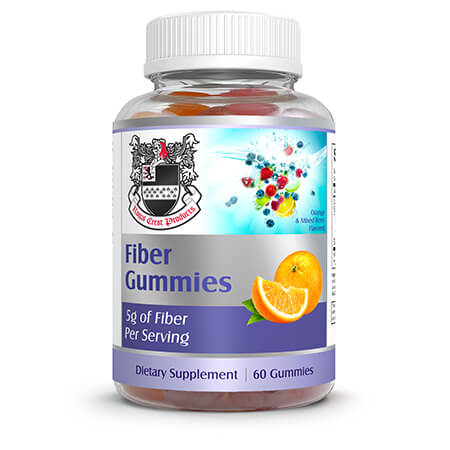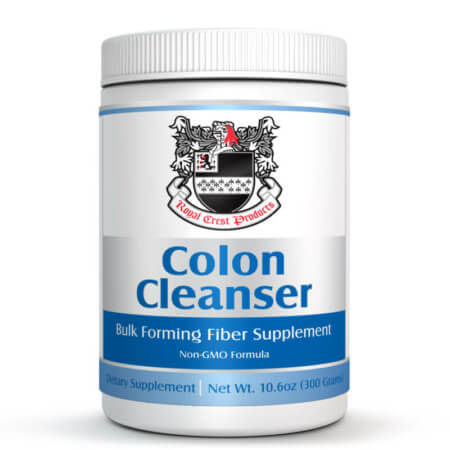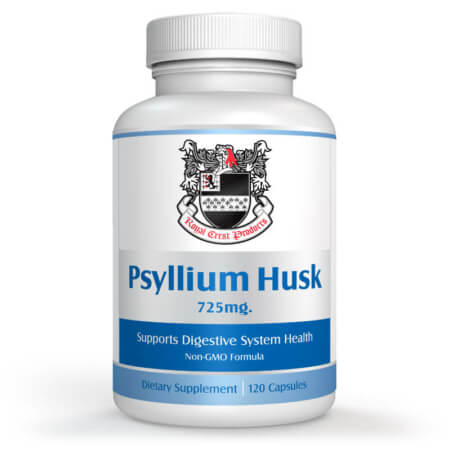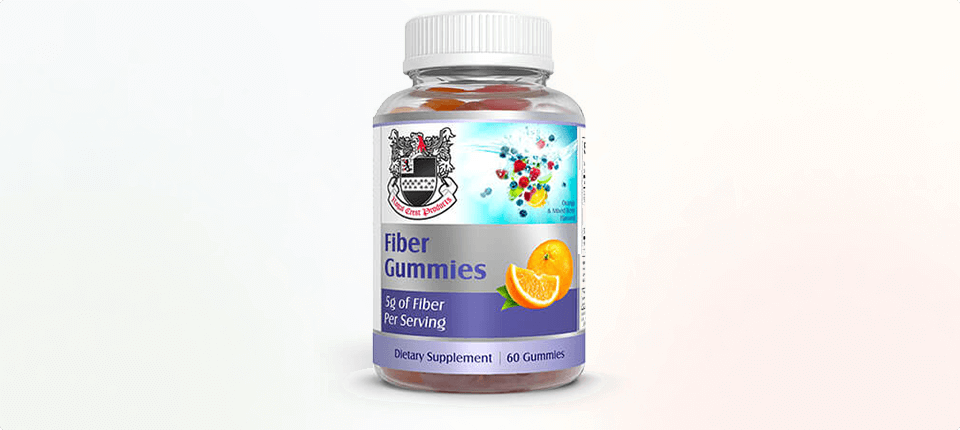Fiber is a part of fruits and vegetables that our digestive system cannot break down. Instead of breaking down and being absorbed by the body, fiber passes through our intestinal tract to clean it out.
Fiber is mainly found in plant-based sources such as grains, legumes, fruits, and vegetables. There are two types of fiber; soluble fiber and insoluble fiber. Both types of fiber are considered carbohydrates, but they are not caloric. We need both types. The difference between the two is that soluble fiber can absorb fluid and swell. This is why some foods with lots of fiber make you feel full faster.
It is estimated that 95% of American adults and children–that’s fewer than one in ten–don’t get enough dietary fiber. According to The Food and Drug Administration (FDA), the daily value of fiber should be 28 grams per day, but most Americans only get 16.4 grams or fewer of fiber daily.
The USDA’s Dietary Guidelines for Americans recommends the following amounts of dietary fiber per day:
- Women Under 50 – 25 to 28 grams of fiber
- Men Under 50 – 31 to 34 grams of fiber
- Women 51 and Older – 22 grams of fiber
- Men 51 and Older – 28 grams of fiber
- Children – 14 to 31 grams of fiber
We all know the usual bathroom reasons, but there’s more to fiber’s health than that! Scientific researchers have found that when you consume the recommended amounts of dietary fiber, you lessen the chances of chronic inflammation.
Inflammation is our body’s immune system response to toxins, diseases, or injuries. Diets that are high in fat or refined carbohydrates or made up of mainly processed foods can lower our body’s immune response.
Some signs of not getting enough dietary fiber include:
- Mood swings
- Feeling tired or sluggish
- Insomnia
- Inability to focus
- Frequent headaches
- Constipation or diarrhea
- Development of skin conditions such as acne, psoriasis, or eczema
- Hair loss
- Dry mouth
- Tinnitus
Too little fiber over time can create chronic inflammation in the body and gut biome imbalances, which has been linked to many of today’s modern health woes. Some benefits of getting enough dietary fiber include:
Health experts have found that consuming a healthy diet is the best way to get enough dietary fiber. These include beans, lentils, peas, berries, pears and apples with the skin, brown rice, almonds, oats, cracked wheat, Brussels sprouts, carrots, chia seeds, bran flakes, and whole wheat pasta.
You can also take fiber supplements to increase your intake. Psyllium husks are the principal ingredient of over-the-counter fiber remedies like Metamucil, but they’re difficult to take. There is a better solution, though!
Because of the busy lives that most of us lead today, it’s easy for our diets to fall short of the ideal. That is where taking a daily supplement can come in; that is why we are proud to announce our Sir Jason Winters Advanced Fiber Gummies.
We made our advanced fiber gummies with the finest natural fiber ingredients, such as chicory root fiber – which provides the fiber to keep your bowels and intestinal tract healthy.
We also have added natural sugars, annatto, elderberry juice, pectin, and natural flavors and colors. Just 3 gummies each day or as directed by a healthcare professional and taken with a meal provides just over 50 percent of the dietary fiber you may be missing.
Now, and for a limited time, you can get our Sir Jason Winters Advanced Fiber Gummies at fantastic savings. Our 60-count bottle of Advanced Fiber Gummies is regularly priced at $24.50. You can get an entire month’s supply for just $9.95 for each bottle! At this price, why not order two or three?
Once this introductory offer is no longer available, you can continue to save 5% off our regular-priced Advanced Fiber Gummies through our convenient subscription service. Whether you wish to receive your gummies bi-weekly or monthly, we will safely deliver them to your door.
Keep your digestive tract healthy by giving yourself or those you love the gift of Sir Jason Winters Advanced Fiber Gummies!
Disclaimer: the U.S. Food and Drug Administration has not evaluated the statements made in this blog.
Please note that all information provided on this website is not intended to recommend, diagnose, treat, cure, or prevent any medical condition or to replace the advice of a doctor or other qualified healthcare professional.
Do not exceed the recommended dose of this or any other product. Keep all dietary supplements out of the reach of children. Use as directed.
Resources:
“Involvement of gut microbial in the development of inflammation and type 2 diabetes associated with obesity” by Patrice Cani, Melania Osto, Lucie Geurts, and Amandine Everard, 2012, July, National Institute of Health, web.
“Current Dietary Guidelines.” Dietary Guidelines for Americans, 2020-2025 and Online Materials | Dietary Guidelines for Americans. Ed. Sonny Perdue and Alex M. Azar II. Web. 14 Oct. 2022.
Dhingra, Devinder, Mona Michael, Hradesh Rajput, and R T Patil. “Dietary Fibre in Foods: A Review.” Journal of Food Science and Technology. Springer-Verlag, June 2012. Web. 14 Oct. 2022.
ABOUT THE AUTHOR
Michael Austin
A blogger, healthy lifestyle enthusiast with slight “addiction” of planning and organizing. Whether it’s about weight loss, body detoxing or herbal and healing teas.
All this addiction evidences can be found as informative articles here: at sirjasonwinters.com website.










